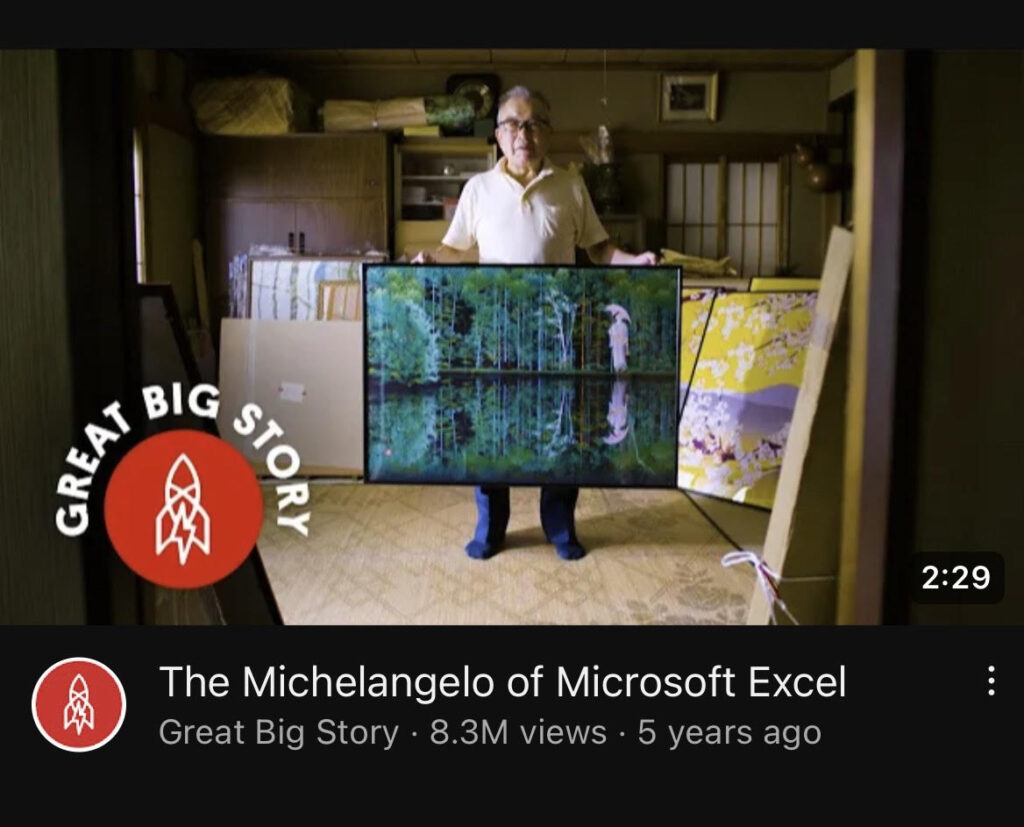Are you looking to change industry or pivot your career but getting nowhere?
It’s a catch-22 that comes up time and time again. How can you get the required industry experience if nobody gives you a chance?
“We’re looking for someone from a financial services background.”
“We need them to have in-house experience.”

These are common requirements I get in briefings. It’s understandable. If you’re a hiring manager, then you want someone who easily fits into the team. However, I think businesses are missing a trick!
“Hiring someone from a different industry or sector brings a new perspective and a diverse skillset that’ll help you empathise with your customers.”
My colleague Lee Shorter has broken this topic down in more detail in his post: This is why you’re not hiring the best Talent.
I speak with candidates every week who are struggling, and we usually end up discussing these areas:
- Skills that are transferrable
- Your network
- Certifications and courses
- The bigger picture
Skills that are transferrable
The first port of call is stripping back your CV. You want to generalise your intro, industry-specific job titles and role responsibilities. And you don’t want any niche certifications that are only relevant to your industry. (If you’re nervous about changing your job title, maybe have the official title in brackets or underneath.)
For example, if a hiring manager from Fintech opens your CV and the intro says “Marketer with 7 years of experience in retail and higher education” then you’re starting on the back foot. Keep it simple and focus on your transferrable strengths. This might be how much experience you have creating and implementing digital marketing strategies; delivering end-to-end campaigns; or maybe your soft skills. Something that is going to add value no matter the environment.
This runs true throughout your CV. Focus on the core projects you delivered with the relevant tools and tech used—using metrics ($, %) to show the results.
Don’t use any industry jargon, acronyms, or internal project names. I spoke with a CRM Manager in the Sports industry recently whose CV said he’d delivered a campaign for a new football kit launch, without any metrics, even though he’d told me how big their reach was. Adding results and changing the language to something like “creating and implementing a CRM strategy for a New Product Launch to 5 million users with x% engagement” will resonate with more hiring managers. Small changes to how you phrase your skills and experience go a long way. This guy gets it:

The agency to in-house challenge
A common struggle is jumping from agency to in-house. If you’re an Account Manager trying to land a Marketing Specialist role, it’s not worth including your client patch monthly $ spend or % of account growth and retention. Focus on the e2e campaigns you delivered, the channels used and the stakeholder relationships you’ve built.
Your network
We’re in a competitive job market. I posted two ads for Data Specialist freelance roles recently and received nearly 300 applications overall!
Now imagine if you’re applying directly to an HR or Talent Acquisition team that doesn’t specialise in your area and is juggling 20 other live roles. They may not spot your skills that are transferrable or even get around to your CV at all. That’s why building your own network is vital.

You should connect with two or three recruiters whom you trust and who focus on your market.
As I explained earlier, recruiters can help tailor your CV. We also have direct access to hiring managers and good working relationships, so they trust our recommendations.
Recruiters know the pain points and essential needs of their clients that aren’t always reflected in a job description. For example, we may know that the previous employee had struggled with stakeholder management, so finding a strong communicator with transferrable skills trumps someone with industry experience.
Meetups. Every industry seems to have them nowadays. They’re a perfect way to build your knowledge of your desired industry. You’ll also hear common struggles that you can offer a new perspective on. You can build your confidence and knowledge in online meetups before attending anything face-to-face.
In-person meetups are better for networking or worse-case you’ll get some free pizza. Once you find a regular meetup or workshop there’s a good chance that you’ll start hearing of upcoming vacancies that may not be advertised on Seek or LinkedIn. An internal candidate referral is worth its weight in gold!
Certifications and courses
In general, hiring managers will always look favourably at candidates who have completed courses and certifications in their own time. It shows how committed and passionate you are about your career.
Maybe you’re pigeonholed in the public sector and would love to move into a commercial role. A preconception of the public sector is red tape and a waterfall way of working. Completing an agile or scrum certification will catch their eye on your CV, show your commitment to learning and may help reassure them that their fast-paced environment won’t be overwhelming.
Certificates on their own probably won’t be enough to make the difference, but add a lot of value combined with everything else.
The bigger picture
Even with all the above it’s still going to be a grind to make that switch. It’ll take some resilience. If you’re getting nowhere, it may be worth thinking holistically and how you can gradually make the transition using the niche skills you already have.
The last couple of years have made people rethink their values and what’s important to them. Maybe you’re in banking and would love to give back by working for a charity or an environmental group. You may have more luck moving to a super fund. They’ll value your financial services knowledge and will allow you to gain not-for-profit experience. Down the line, if you’re still keen to move, you’ll have a much better chance coming from an NFP.
Or maybe you’re in an agency and want to work for a Uni? Have a look at other agency roles or even consultancies that have Higher Education clients. This gives you industry exposure and will improve your chances of making the move in-house.
I hope some of these tips have been helpful. Feel free to reach out to me if you have any questions or want to chat about the market.
Latest.

5 simple (but powerful) ways to shine in your design interview.
Job Seeker, Design

How to demonstrate the value of your design team in 2025
Thought Leadership, Design, Industry Trends, Leadership

Ace your interview: Words to watch out for.
Job Seeker




